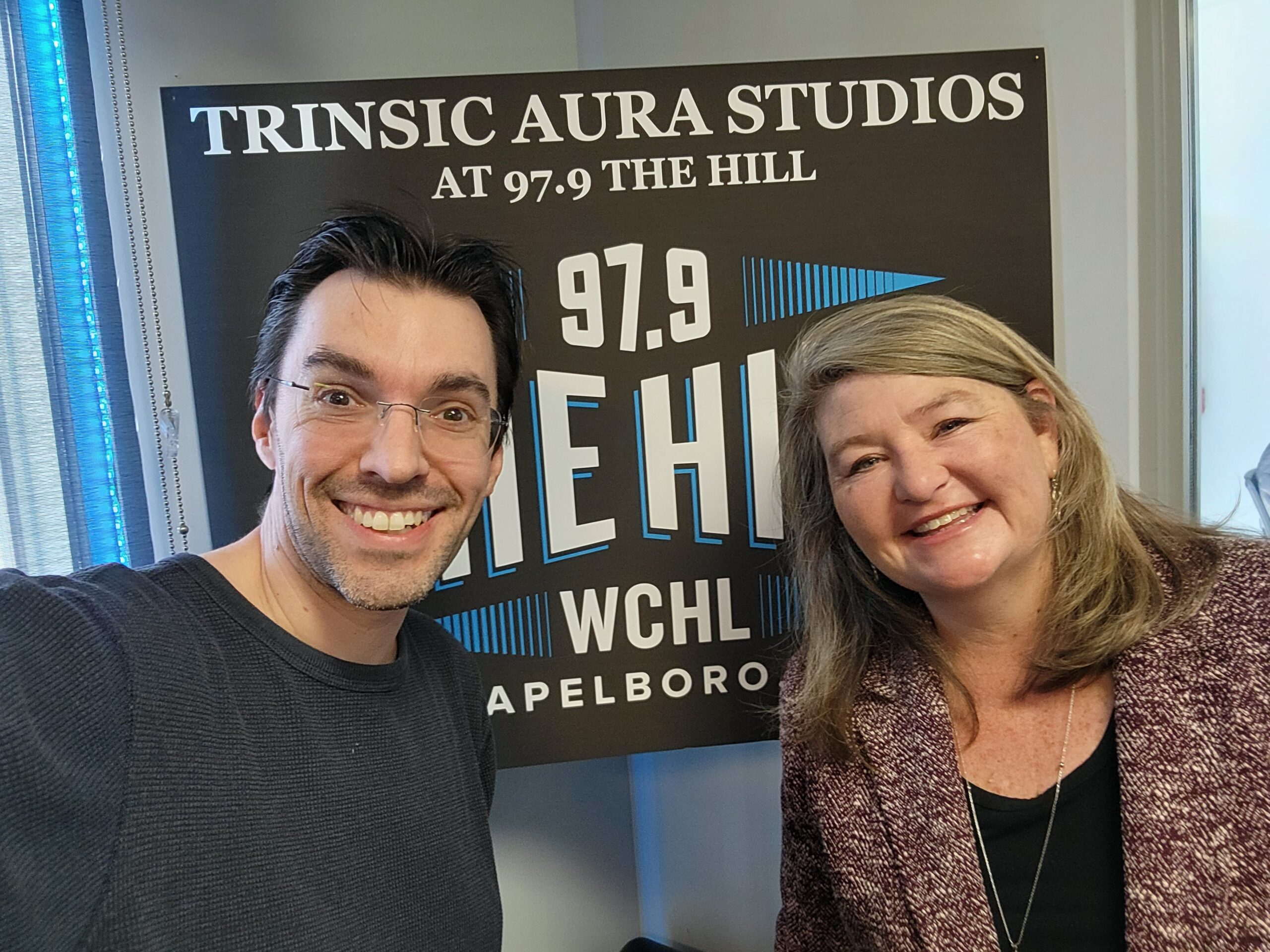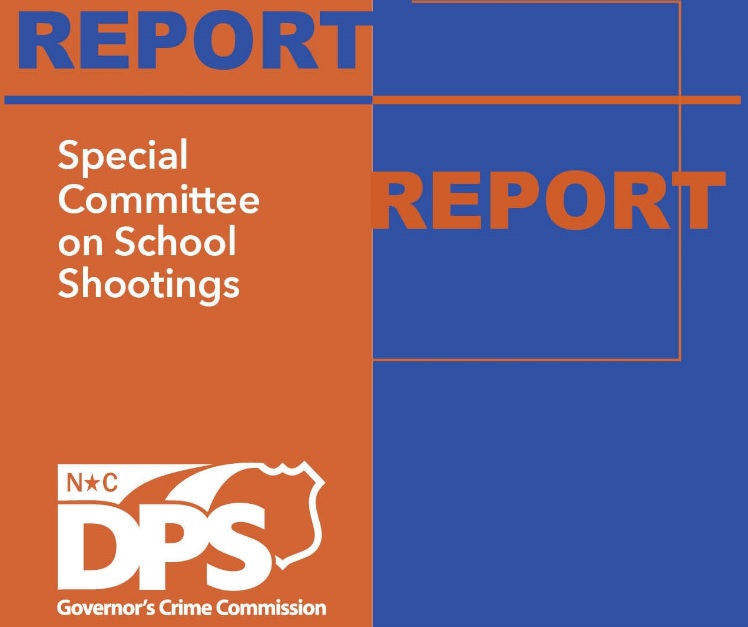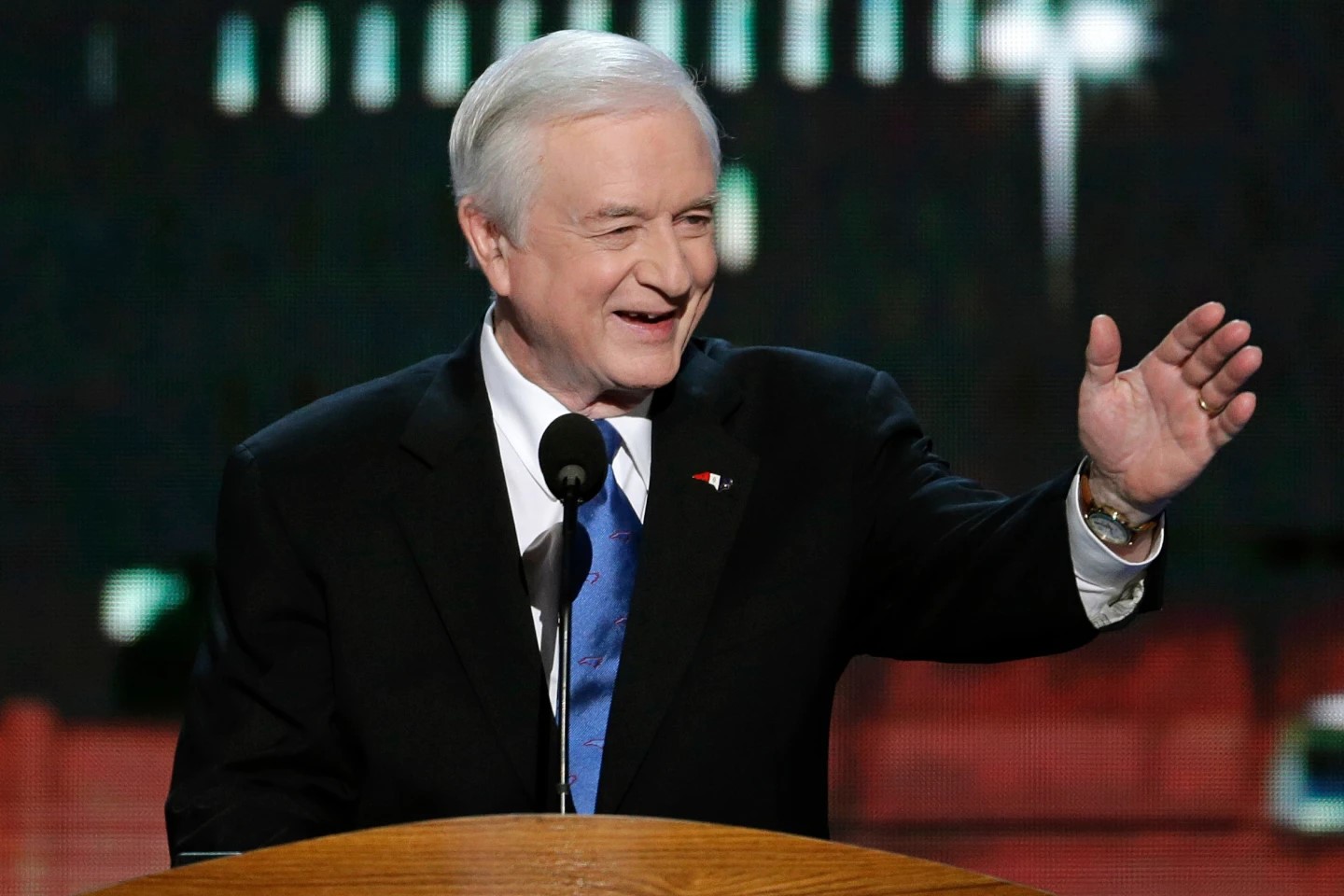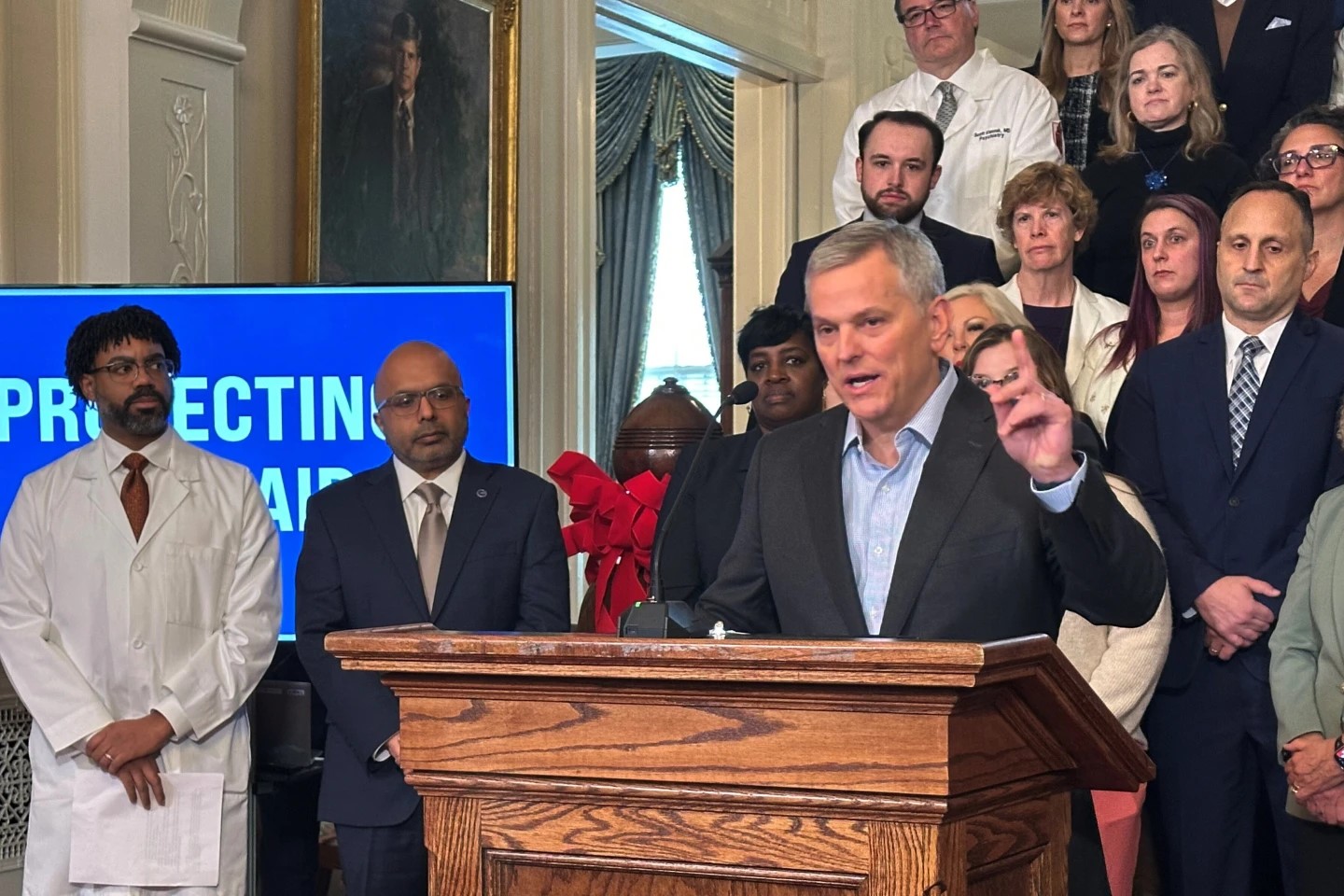Some North Carolina legislators studying school safety improvements agreed Monday to back mandates for schools to formally identify troubled youth needing help and for programs that let young people mentor classmates.
A subcommittee of a House school safety panel on student health issues also agreed more people needed to be hired to fill gaps and vacancies for school counselors, nurses, social workers and psychologists. The subcommittee didn’t identify exact increases in employment or spending levels. Reaching staff-student ratio standards set by national organizations likely would take years to complete.
The recommendations and related legislation have a long way if they are to become law. They must work their way through the full panel meeting next month, then get approved by both chambers of the General Assembly before going to Gov. Roy Cooper’s desk. The legislature reconvenes May 16.
The Democratic governor announced last week a $130 million school safety plan he’ll put in his impending budget proposal that contains some ideas Republicans in charge of the legislature would appear likely to support or recommend. Cooper quantified his personnel funding request. The emphasis on school safety rose in response to the Parkland, Florida, high school shooting that left 17 dead in February.
The subcommittee proposed legislation requiring the creation of “threat assessment teams” covering every school in the state. Such teams of counselors, administrators and law enforcement agents would help educate students, teacher and staff how to recognize threatening behavior by a student. The teams also would identify students who may pose a safety threat, contact school system leaders and parents and work to get them behavioral help.
The measure also would direct the creation of “peer to peer” student counseling programs in middle and high schools and provide $1 million in grants to help create them or expand them.
Hiring enough additional school counselors, psychologists, social workers and nurses to reach the optimum staff-student ratios would cost more than $500 million annually, the subcommittee heard. That’s according to a document provided to subcommittee members and compiled by General Assembly staff and the Department of Public Instruction.
Some legislators suggested the short-term focus be on hiring more school nurses. Meeting a ratio of one nurse for every 750 students would cost an additional $57 million annually, the document said.
“School nurses are on the very front lines of identifying and coordinating help for students with challenges — not just medical challenges but emotional challenges,” said Rep. Craig Horn, a Union County Republican. “School nurses could go a long way and help us to get out in front of the mental health needs of our kids for minimal cost.”
Cooper’s plan would spend another $40 million annually to hire at least 500 more nurses, counselors, psychologists and social workers.
The student health subcommittee also recommended:
— legislation directing the State Board of Education to accept someone’s certification through the National Association of School Psychologists to receive a school psychologist license in North Carolina. There are several dozen school psychologist vacancies in the state.
— the possible expansion of a mobile phone app that allows students to report anonymously potential safety threats to authorities. A pilot program for the app is wrapping up.
A subcommittee of the school safety panel examining school safety and security, including expansion of on-site police officers, meets next week. Cooper’s budget will have $65 million for building improvements and $10 million for hiring more school officers.
Related Stories
‹

Public School Forum President Shares Top 5 Priorities for NC LawmakersAs the North Carolina General Assembly gets its latest long session underway, school funding is once again expected to be a top issue for the legislature. The Public School Forum of North Carolina recently shared its top five priorities the organization has for lawmakers to address — ranging from teacher retention to mental health services. […]

Orange County Sheriff, School Officials Working on SafetyLast year, a school shooting at Stoneman Douglas High School in Parkland, Florida left 17 students and staff dead, and reinvigorated a nationwide conversation about school safety. In North Carolina, state government officials were compelled to action. The office of the Department of Public Safety requested the establishment of a Special Committee on School Shootings, […]
![]()
Lawmaker: Arming Teachers on Campuses Could Save LivesSupporters of a measure to allow North Carolina public school teachers to carry handguns on campus said Tuesday that arming school personnel could save student and faculty lives when a shooter evades conventional security and police officers. Chief sponsors of the “School Self-Defense Act” promoted it at a Legislative Building news conference while acknowledging fellow […]
![]()
School Building, Officer Mandates Clears N Carolina HouseMore building safety and campus police officer requirements for North Carolina’s public schools would occur if a bill that cleared one chamber of the General Assembly on Monday becomes law. The House voted unanimously for a measure that includes several policy recommendations made by a House study committee formed in response to the Florida school […]
![]()
Legislative Committee OKs School Safety IdeasA legislative committee has agreed to more than a dozen recommendations on how to improve K-12 school safety in North Carolina that leave out any new gun restrictions or harsher penalties for bringing weapons to schools or threatening mass violence. The House panel voted unanimously Thursday for the proposals, which will likely be debated by […]
![]()
Legislators Want More Schools to Make Security PlansSome North Carolina legislators want more schools to provide basic building information and access to local and state law enforcement to better respond to emergencies or violent acts on campus. The General Assembly’s emergency management oversight committee recommended several bills Thursday it wants approved when the legislature reconvenes next month. One bill would require charter […]
![]()
School Psychologists Concerned About Staffing LevelsNorth Carolina school psychologists and guidance counselors say hiring more of them would help public schools identify students with mental health challenges sooner and reduce the possibility of serious violence. Leaders of groups representing the fields spoke Monday to a state House subcommittee examining student health issues. The panel is supposed to provide suggestions to […]

Four-Term North Carolina Gov. Jim Hunt, a Leader in Education Reform, Dies at 88Former Gov. Jim Hunt, a towering figure in North Carolina politics in the late 20th century who helped leaders from both major parties strive for public education reform, died Thursday at the age of 88.

Chapel Hill Educator, Historian and UNC Statistician Freddie Kiger Inducted Into Order of Longleaf PineMembers of the East Chapel Hill Rotary Club surprised Freddie Kiger with his induction into the Order of the Long Leaf Pine during its holiday party on Dec. 5.

North Carolina Gov. Stein Cancels Medicaid Rate Cuts Amid Legal and Legislative BattlesNorth Carolina Democratic Gov. Josh Stein is canceling Medicaid reimbursement rate reductions he initiated over two months ago, preserving in the short term access to care for vulnerable patients.
›





